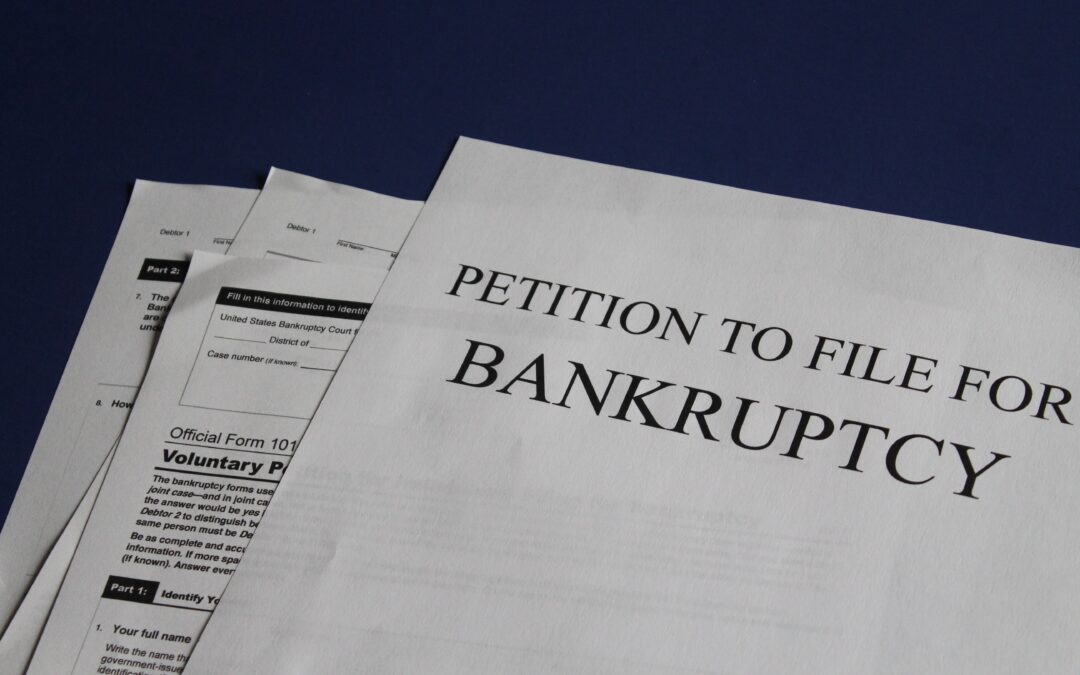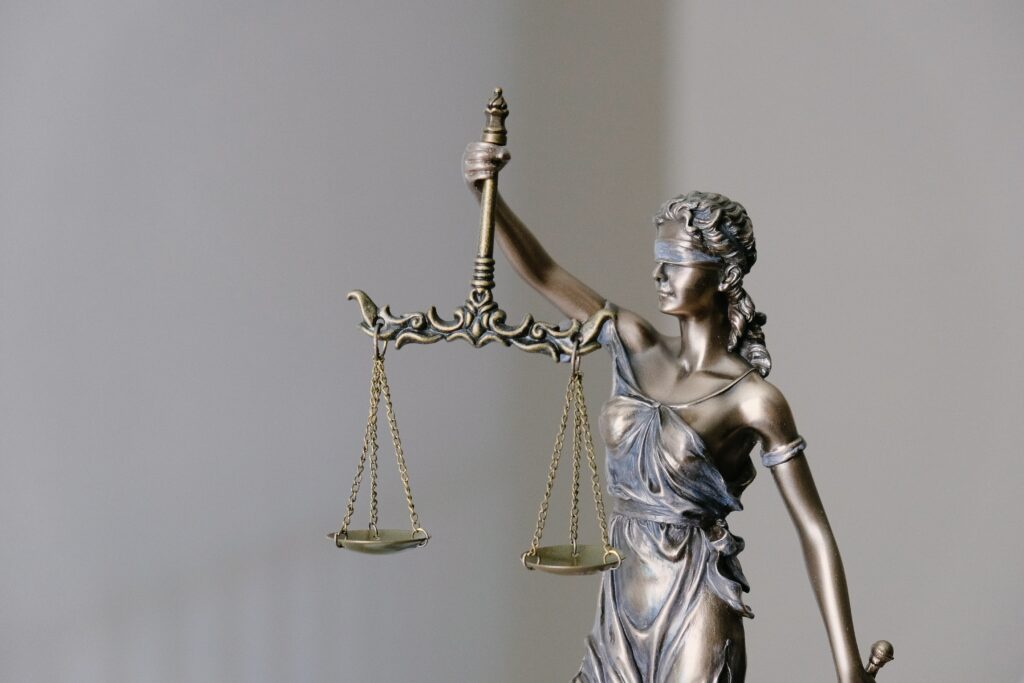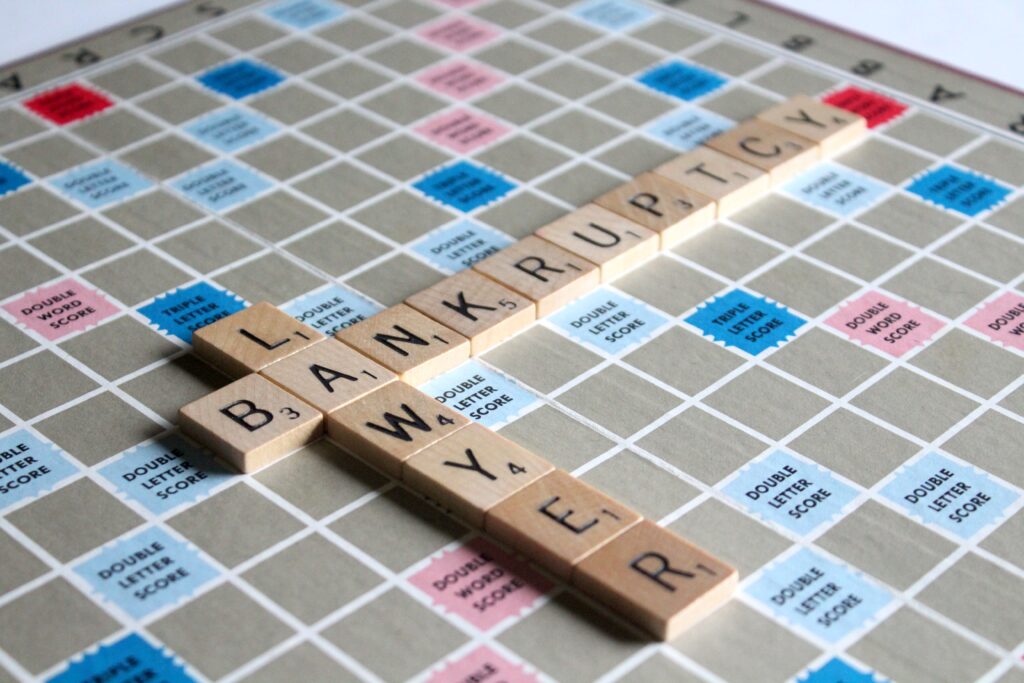Have you been struggling financially and wondering what happens when you file bankruptcy?
This global crisis is hitting the economy hard. The IMF projects a global GDP growth drop of -3.0 (for comparison, the 2009 recession was -.1).
Bankruptcies are definitely on the rise, but when they are handled well, sometimes moving into bankruptcy quickly is the best decision an individual or business can make to handle serious debt.
In this article, you will learn about what you can do to make the process easier. If you’re on the fence about bankruptcy but struggling to manage your business accounting, we can help you figure out how to manage your business risks and move your company forward.
Why file bankruptcy?
We’ve all experienced debt before — for better or worse, it’s just part of our business and personal lives.
But when the debt gets too much, you have creditors calling you, interest is too high, and your credit rating starts tanking, you need to try something different.
Although bankruptcy seems to be a big “bad” word, especially because it is usually associated with businesses “going under,” in many cases, it’s not as bad as you might think.
Based on a set of federal laws, bankruptcy is handled in a special court. It usually involves liquidating at least some assets, some assets are exempt per state laws.
Here’s a brief summary of what happens when you file bankruptcy:
- The debtor (an individual, married couple, or business) files a petition with the court.
- The debtor files detailed statements about their financial situation.
- The creditors will receive a notice about the position, and debt collection activities should cease.
- Your attorney will work with the creditors to figure out whether or not some of the debt will be paid back on top of liquidated assets.
- Litigation about the case, then agreements.
- A discharge will happen after a matter of months or years.
What are the different kinds of bankruptcies and which one is right for me?
Technically there are six different types of bankruptcy (for details about all six types, see the United States Courts website). But most Colorado bankruptcy cases fall under Chapter 7, 11, or 13.
Chapters 7 and 13 protect individuals from credit collection actions such as wage garnishment.
Chapter 7 Bankruptcy
Chapter 7 may apply if:
- You are an individual or company with a lot of debt
- You want a full discharge for a fresh start
- You are looking to rebuild your credit fairly quickly
Chapter 7 is the most common form of bankruptcy for individuals who earn an average income.
One of the drawbacks is that you will need to liquidate your non-exempt property. In addition, you are not permanently protected from foreclosure.
Another drawback here is that any co-signer on a loan will also be stuck with the debt unless they are also in the bankruptcy case.
Finally, you will need to wait 8 years until you can file again.
Each case tends to be quite different, however, and the above is only a basic outline. To get a clear picture of what happens when you file bankruptcy, you will need to speak to a bankruptcy attorney.
Chapter 11 Bankruptcy
Chapter 11 bankruptcy is complicated and can be lengthy.
It is meant for higher-earning businesses who are looking to stay in operation but reorganize their debts and assets.
In this case, the business would discharge some debts and pay off others under the guidance of a trustee.
Chapter 13 Bankruptcy
Chapter 13 may apply to you if:
- You wish to keep non-exempt property
- You earn over a certain amount of money per year
- Some of your debts are nondischargeable and you need more time to pay them
- You wish to reduce a major debt but not cancel it
- You need some protection from foreclosure
- You want more time to pay off your debts
- You think you may need to file bankruptcy more than once
The main drawbacks of filing Chapter 13 are that it tends to be more complex and lasts longer than Chapter 7.
Pitfalls to Avoid in the Bankruptcy Process
Going through bankruptcy without taking certain steps can be disastrous.
You do not want to cut corners, even accidentally, which is why having a trusted bankruptcy attorney on your side is important.
If you’re wondering what happens when you file bankruptcy, here are some common mistakes that you’ll want to avoid at all costs:
- Failure to disclose all assets
- Failure to disclose all creditors
- Transferring assets to other parties
- Not getting an attorney
- Using your credit card before you file or otherwise obtaining new debts
- Using your 401K
Finally, you need to understand that some types of debts are not dischargeable. So be careful about assuming that you will be able to wipe everything from your record in a short period of time.
Are you ready to get help filing bankruptcy?
Bankruptcy is a challenging situation, but with the right help by your side, you’ll likely find that a huge weight is lifted off your shoulders as you get a fresh start and start looking forward to your future again.
If you are wondering what happens when you file bankruptcy, you are considering bankruptcy but need some help making a final decision, or need help with other important business law issues, contact us today.
Enjoyed this article? Here are three more to help you:
What Business Financing Options Are Available During A Pandemic?
The CARES Financial Relief Act: What Everybody Ought to Know About it for their Small Business.
Employer Rights: What Are My Options During a Pandemic?





